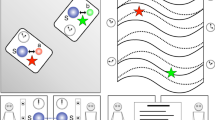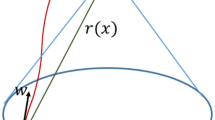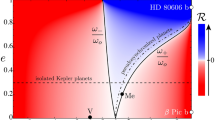Abstract
IT is well known that, by means of electrodynamic experiments, no one has yet succeeded in ascertaining the cosmic movement of the earth, which, particularly in relation to the spiral nebulæ, amounts to very high velocities. Apart from the still incompletely explained results obtained by Miller, which, from the work of Joos, should undoubtedly be considered as perturbations, Courvoisier at Potsdam and Esclangon at Strasbourg recently got positive results. These are interpreted by Courvoisier as indicating a Lorentz-contraction of the earth, in consequence of a movement of the earth towards the light-ether with a speed of 750 km./sec. and with an apex at A=60°; D=40°. In 1926 one of us (R. T.) demonstrated—by means of a very much refined repetition of Trouton's and Noble's experiments—that such a Lorentz-contraction is not obtainable electrodynamically; although 1/2,000,000 of the effect asserted by Courvoisier must have been detected in this way.
This is a preview of subscription content, access via your institution
Access options
Subscribe to this journal
Receive 51 print issues and online access
$199.00 per year
only $3.90 per issue
Buy this article
- Purchase on Springer Link
- Instant access to full article PDF
Prices may be subject to local taxes which are calculated during checkout
Similar content being viewed by others
Author information
Authors and Affiliations
Rights and permissions
About this article
Cite this article
TOMASCHEK, R., SCHAFFERNICHT, W. Ether-Drift and Gravity. Nature 129, 24–25 (1932). https://doi.org/10.1038/129024b0
Issue Date:
DOI: https://doi.org/10.1038/129024b0
Comments
By submitting a comment you agree to abide by our Terms and Community Guidelines. If you find something abusive or that does not comply with our terms or guidelines please flag it as inappropriate.



